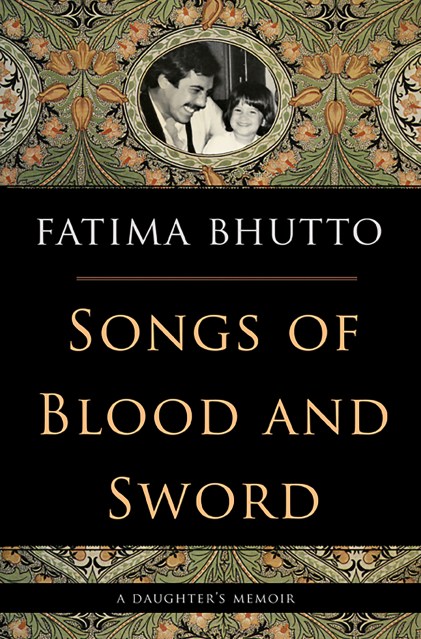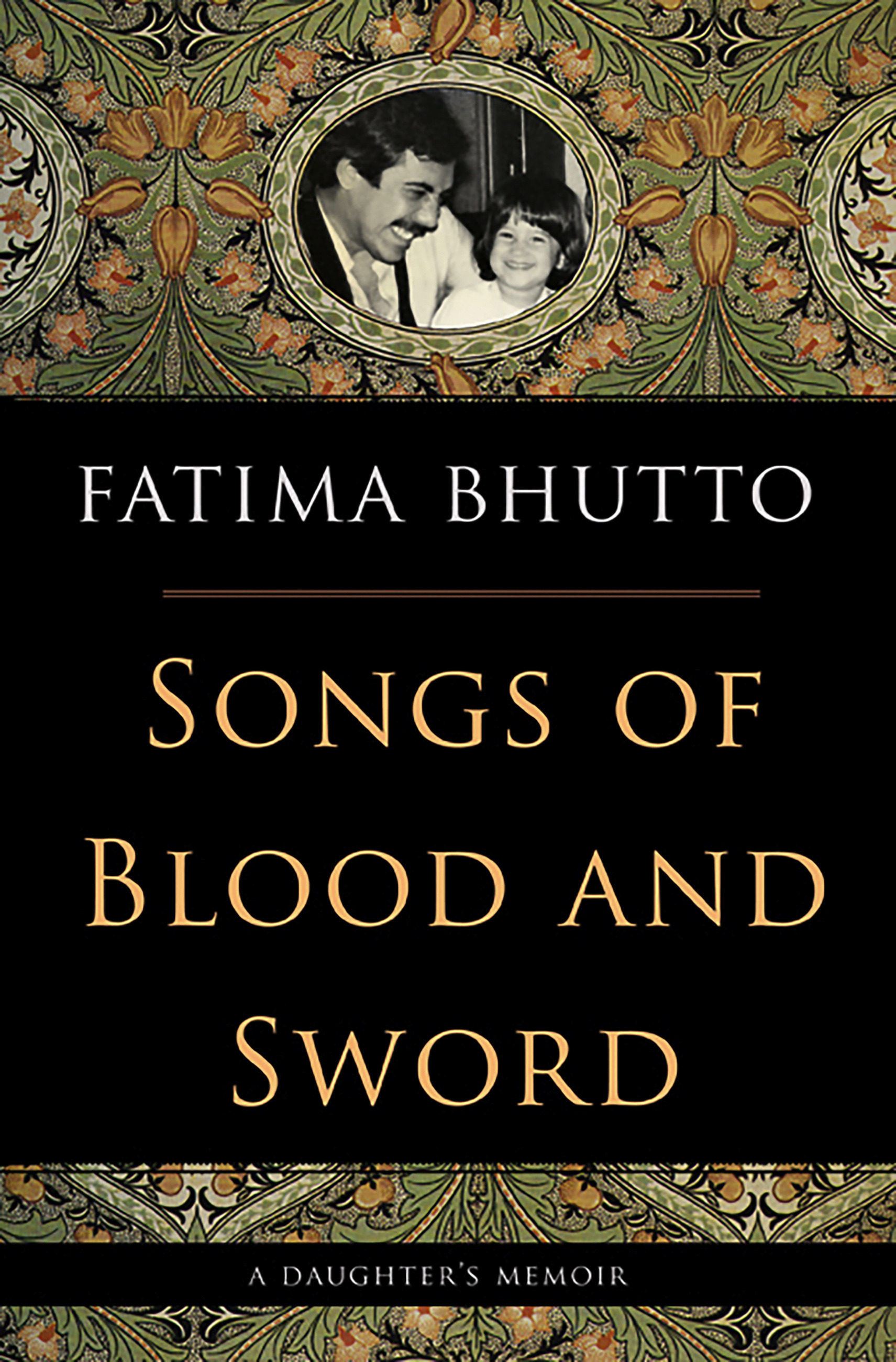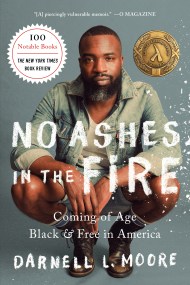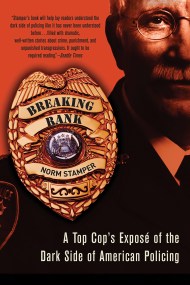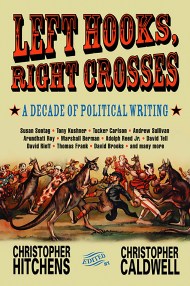Promotion
Use code MOM24 for 20% off site wide + free shipping over $45
Songs of Blood and Sword
A Daughter's Memoir
Contributors
Formats and Prices
Price
$25.99Format
Format:
- Trade Paperback $25.99
- ebook $11.99
This item is a preorder. Your payment method will be charged immediately, and the product is expected to ship on or around September 6, 2011. This date is subject to change due to shipping delays beyond our control.
Also available from:
Songs of Blood and Sword tells the story of a family of feudal landlords who became powerbrokers. It is an epic tale of intrigue, the making of modern Pakistan, and ultimately, tragedy. A searing testament to a troubled land, Songs of Blood and Sword reveals a daughter’s love for her father and her search to uncover the truth of his life and death.
Genre:
- On Sale
- Sep 6, 2011
- Page Count
- 496 pages
- Publisher
- Bold Type Books
- ISBN-13
- 9781568586762
Newsletter Signup
By clicking ‘Sign Up,’ I acknowledge that I have read and agree to Hachette Book Group’s Privacy Policy and Terms of Use
